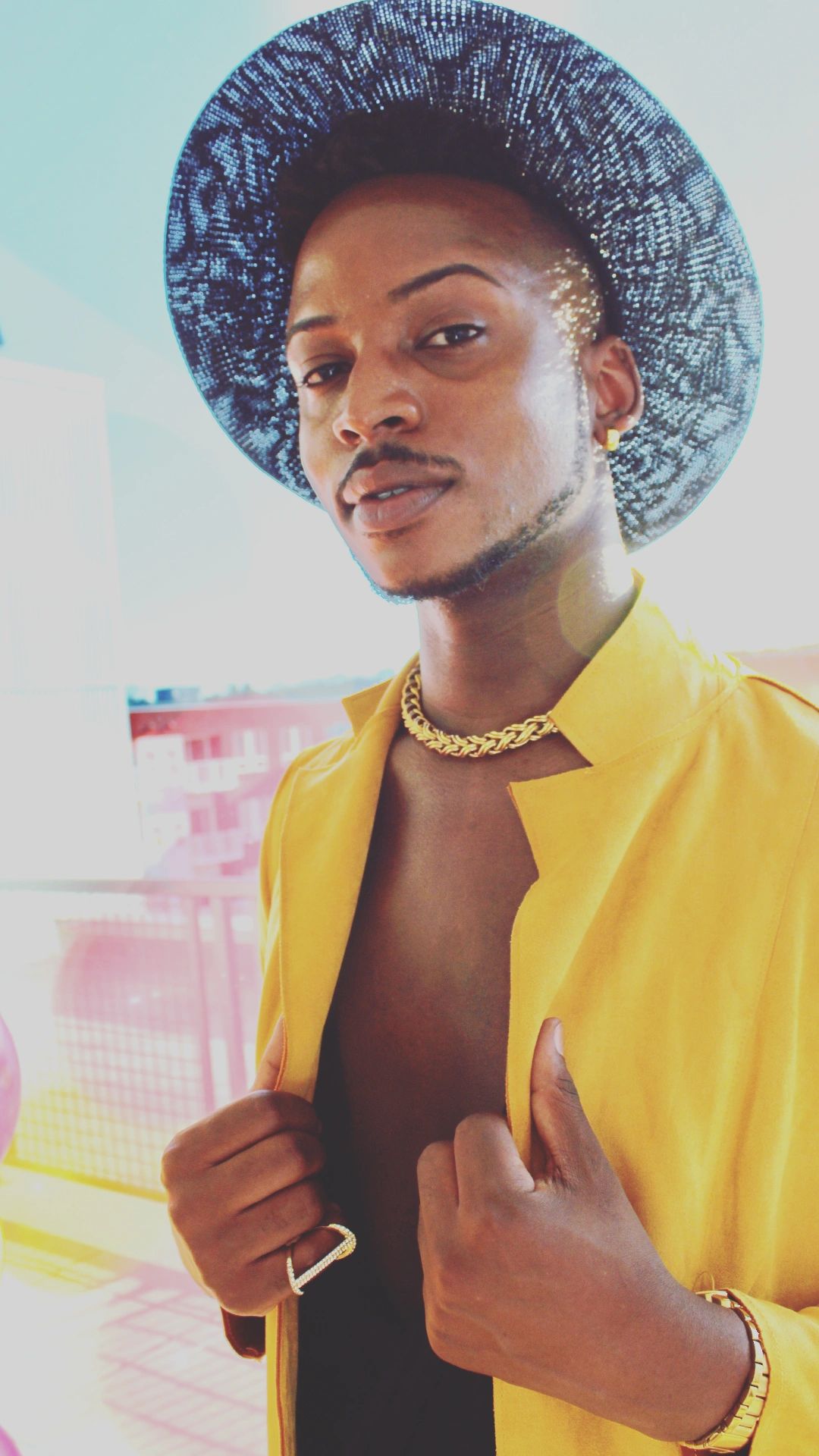We’re excited to introduce you to the always interesting and insightful Joe Charley. We hope you’ll enjoy our conversation with Joe below.
Hi Joe, thanks for joining us today. What’s been the most meaningful project you’ve worked on?
The most meaningful project I’ve worked on is my debut solo album, Rudolph: The Audio Interpretation.
It’s not just music — it’s the first time I’ve allowed my own voice to carry a story from start to finish. I’ve spent years modeling, acting, dancing, and performing in character — often in service of someone else’s vision. This project is deeply personal because it finally centers mine.
Rudolph uses the iconic character as a metaphor for growing up brown-skinned, queer, artistic, and “too much” in a world that preferred conformity. As a child, I often tried to tone myself down just to fit in — the way Rudolph probably would have, if he could’ve hidden that red nose. But I couldn’t. And as I got older, I began to understand that what made me different wasn’t a burden — it was my gift.
The album blends genres — pop, hip hop, R&B, spoken word, and theatrical storytelling — but at its core, it’s a soul record. Each track reflects a chapter of the journey that Joseph-Charles, the quiet kid version of me, never had the words to express. Now Joe Charley, the performer, finally gets to speak them out loud.
It’s the most meaningful thing I’ve ever created — not because of the spotlight, but because I’ve never felt more seen by myself.
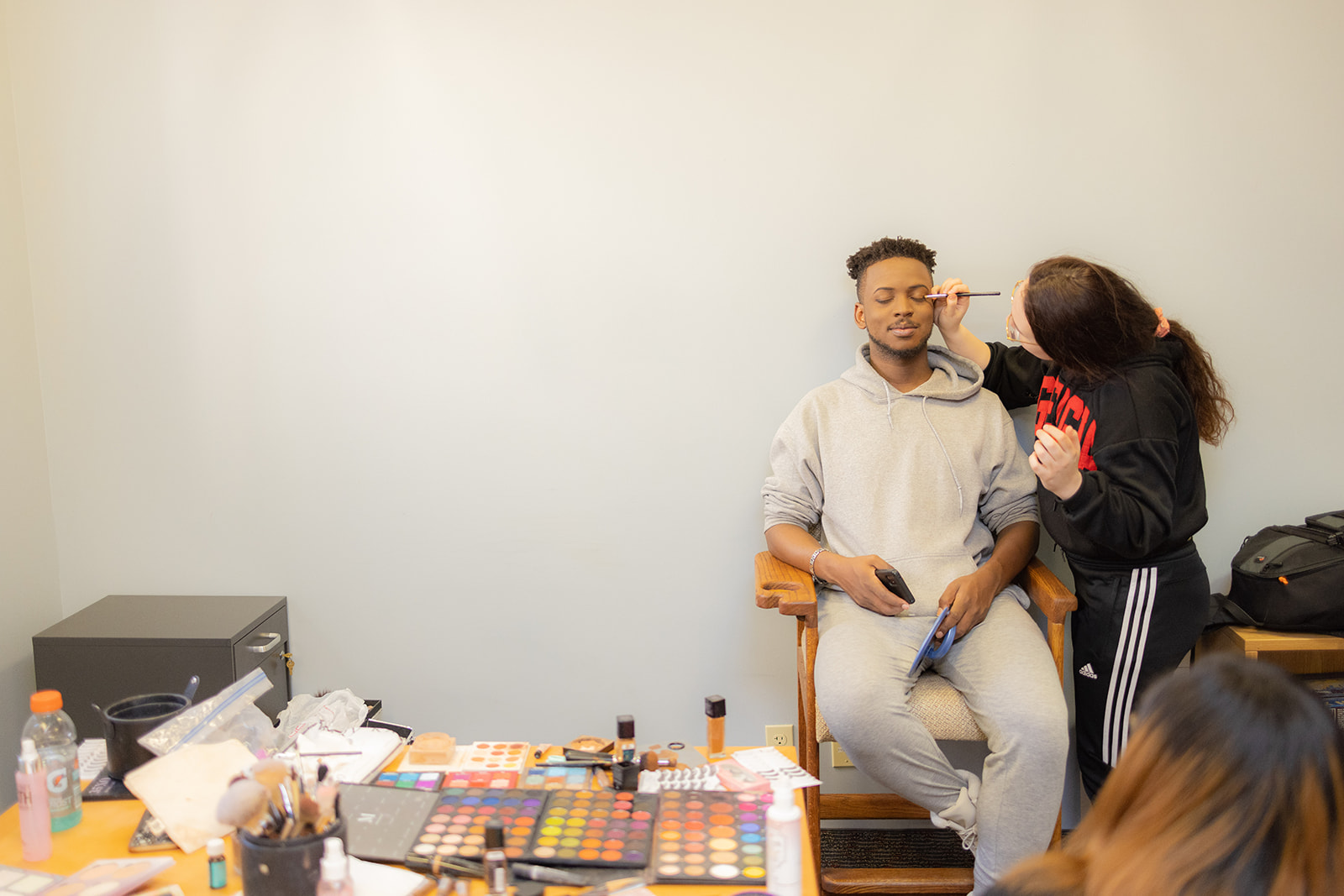
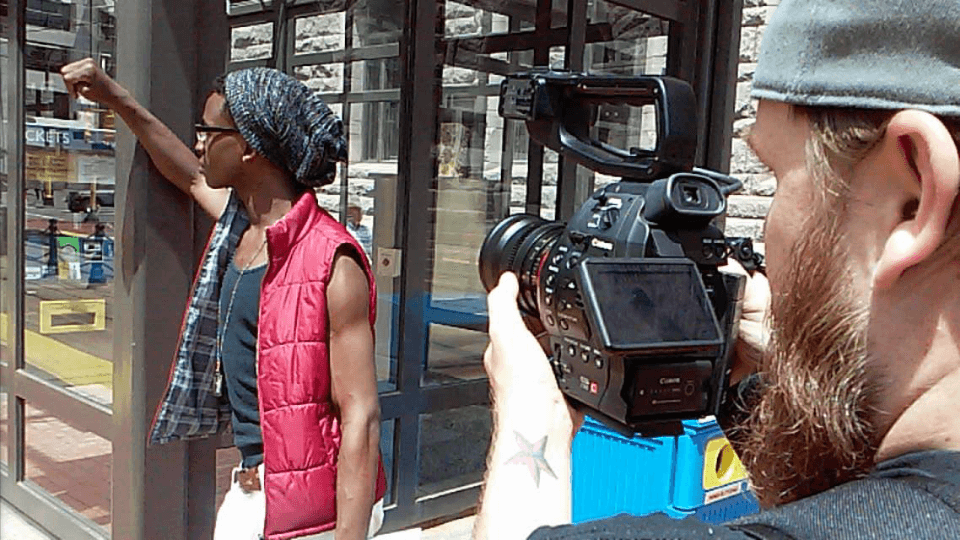
Joe, love having you share your insights with us. Before we ask you more questions, maybe you can take a moment to introduce yourself to our readers who might have missed our earlier conversations?
My name is Joe Charley — I began my journey in entertainment as a child model and vocalist, touring with the world-renowned Metropolitan Boys Choir, and later growing into leading and supporting roles in theater and film. Now, I’m returning to my first love: music and writing. Outside of choir performances growing up, this is my first time truly stepping forward alone — my final creative string before fully emerging as a personal brand and, eventually, expanding my family company, We the Peeples Entertainment, to uplift other artists.
I’m a multidimensional creative from the Midwest, and at the heart of everything I do is one mission: to beautifully tell the truth — through albums, stages, scripts, and campaigns where difference is not only seen, but celebrated.
While my image has appeared in fashion ads, theater productions, and films, my solo voice — my intersectional story — is only now being fully heard. That’s why I’m so proud of my album, Rudolph — a project that brings together everything I am: storyteller, singer, poet, performer, and soul.
My work blends music, theater, literature, dance, and fashion — not to do it all, but because that’s the language I was born speaking. Whether I’m delivering a lyric, crafting a monologue, or standing in front of a lens, I create to help people feel seen.
I’ve never approached creativity like content — I treat it as craft. From playing Bob Cratchit in A Christmas Carol, to reciting The Song of Hiawatha from memory in grade school, to leading international campaigns and working with world-class theater companies — I’ve always carried the Midwest with me: a grounding sense of community, humility, and purpose.
I’m proudest when my work makes people stop and feel — not because it’s loud, but because it’s real. I create work that’s layered, rooted, and honest — the kind of work that doesn’t just perform, but means something.
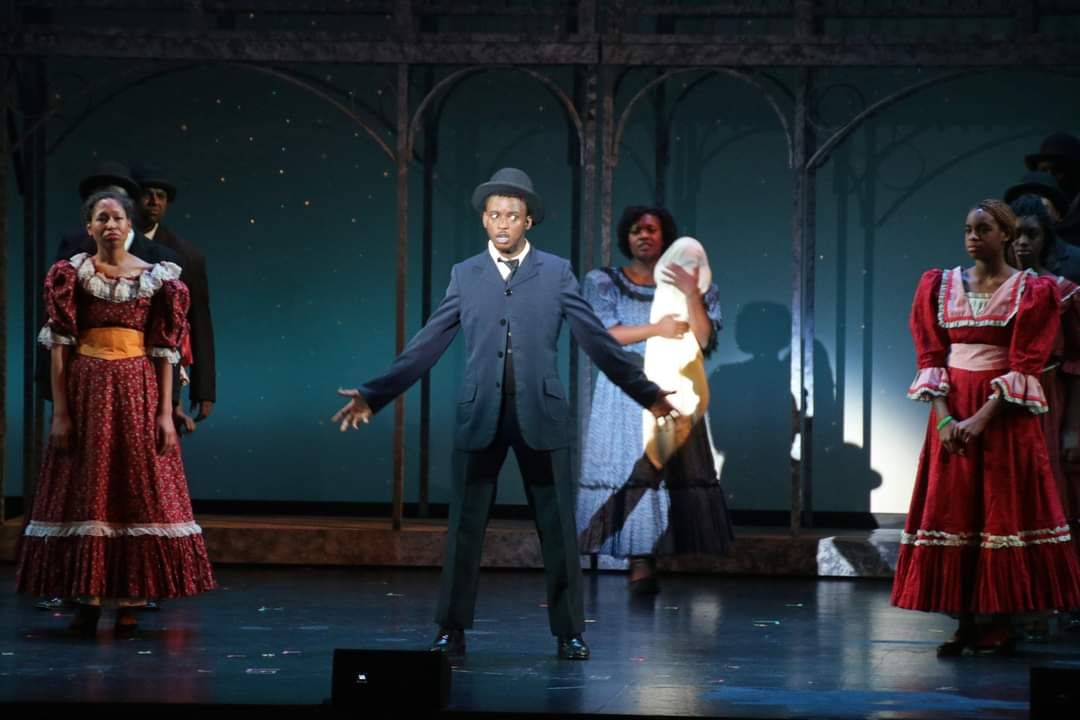

Can you share a story from your journey that illustrates your resilience?
There was a time in my journey — not long after my father passed, when I was just 14 — that the world felt like it stopped spinning. I found out in the middle of Driver’s Ed. I was suddenly caught between youth and manhood, between loss and leadership, and somehow expected to keep performing. I was asked to sing at my father’s service in Indiana just weeks later. Not long after that, I was scheduled to be in Los Angeles to begin play rehearsals. It wasn’t about avoiding or achieving — it was about learning how to hold space for grief, discipline, and expression, all at once.
I didn’t know it then, but that moment became the blueprint for everything that followed. Whether it was navigating the modeling industry as a young Brown boy in the Midwest, performing after heartbreak, or launching my debut album independently while caring for family — my resilience isn’t loud, it’s rhythmic. It’s the part of me that shows up again and again, even when I don’t feel ready.


Do you think there is something that non-creatives might struggle to understand about your journey as a creative? Maybe you can shed some light?
Absolutely. I think non-creatives often struggle to understand that art isn’t just what I do — it’s how I process the world. It’s not a side hustle or a phase — it’s how I breathe. There’s this idea that if artists aren’t constantly producing content or achieving “mainstream” success, we’re somehow failing. But for many of us, especially those from marginalized communities, creativity has always been a form of survival — a way to reclaim truth, identity, and power.
For me, the process is deeply personal. One of my vocal coaches once asked me a question I’ll never forget: “Are you performing to impress, or to express?” I don’t create to impress — I create to connect. And sometimes, that means building something bigger than yourself just to feel heard. Sometimes, it means silence. Sometimes, it means years between projects. That can be hard to explain in a system that rewards output over intention. But real art — the kind that stays — isn’t always made in the spotlight. It’s made in the quiet, in the healing, and in the becoming.
Contact Info:
- Website: https://www.theejoecharley.com
- Instagram: @TheeJoeCharley
- Facebook: @TheeJoeCharley
- Twitter: @TheeJoeCharley
- Youtube: @TheeJoeCharleyShow
- Soundcloud: @TheeJoeCharley
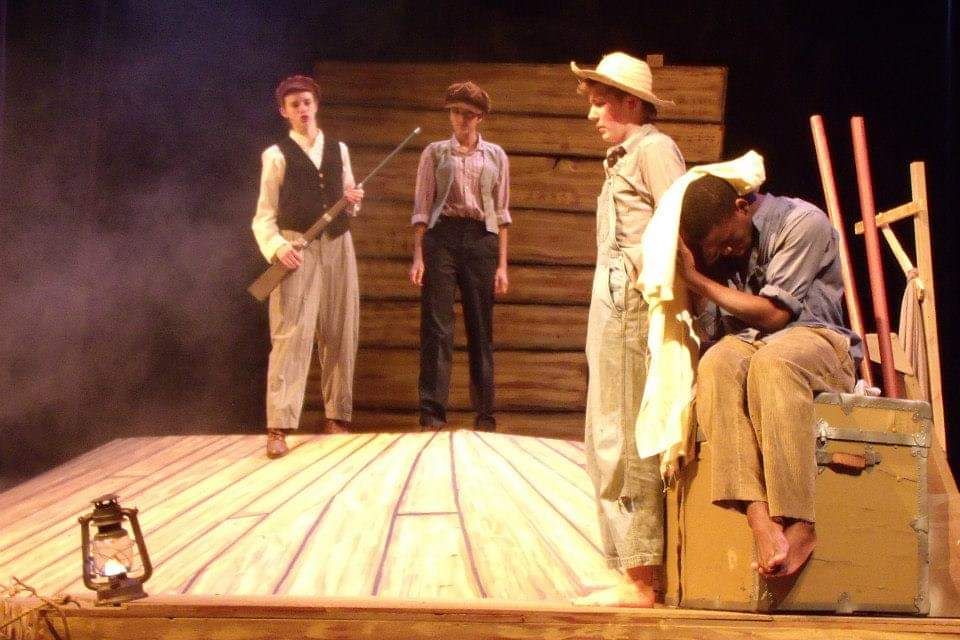

Image Credits
Photos courtesy of Joe Charley | Management: We the Peeples Entertainment


